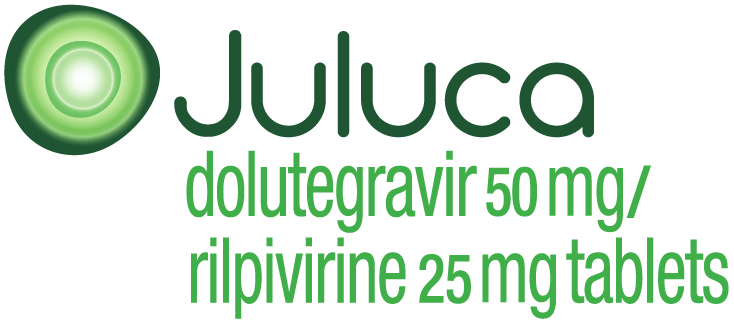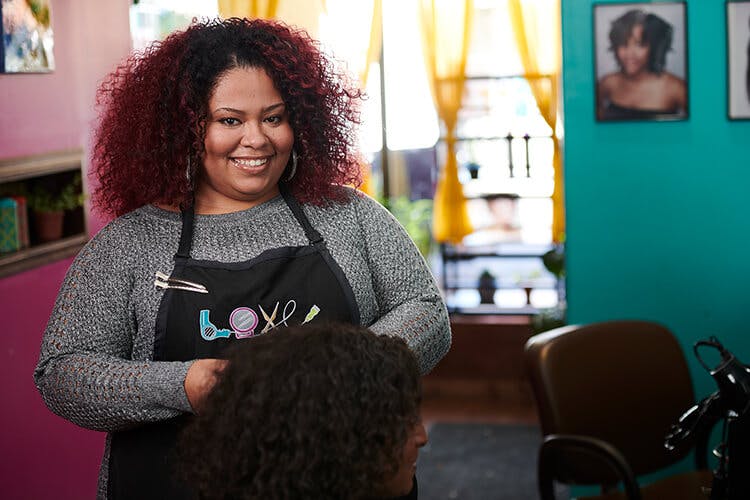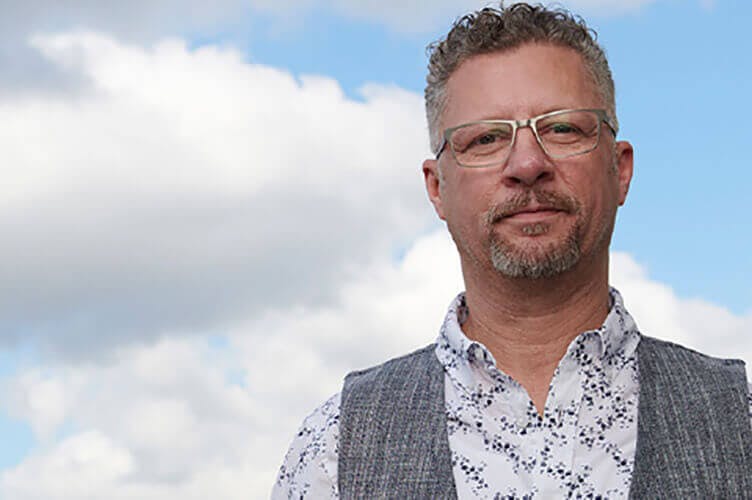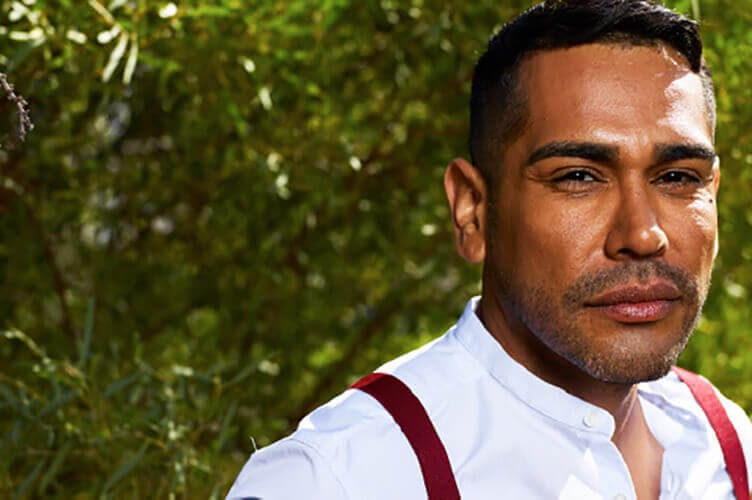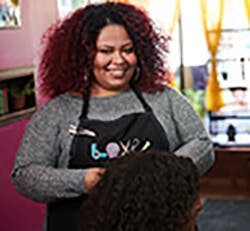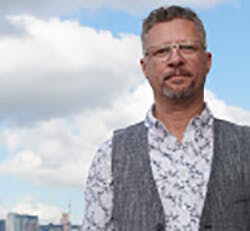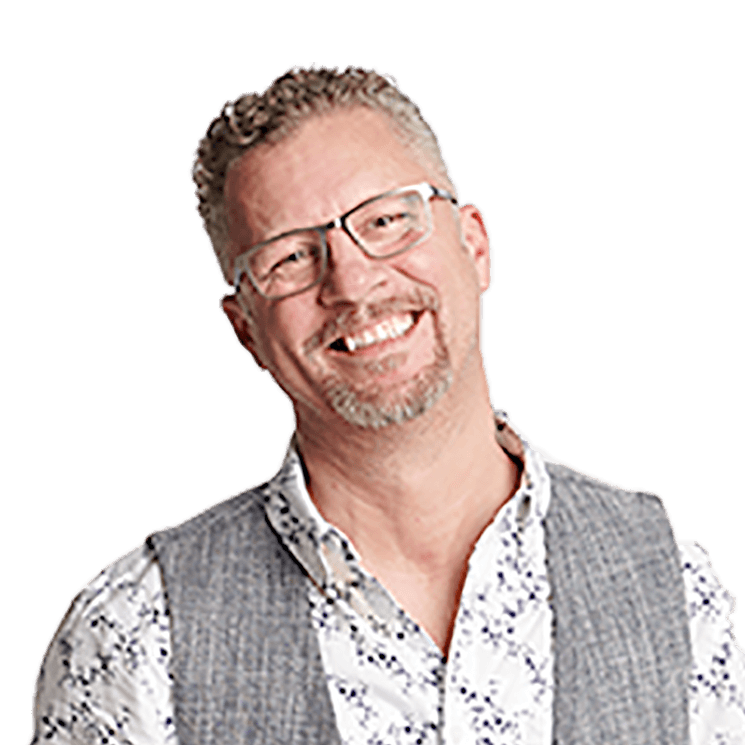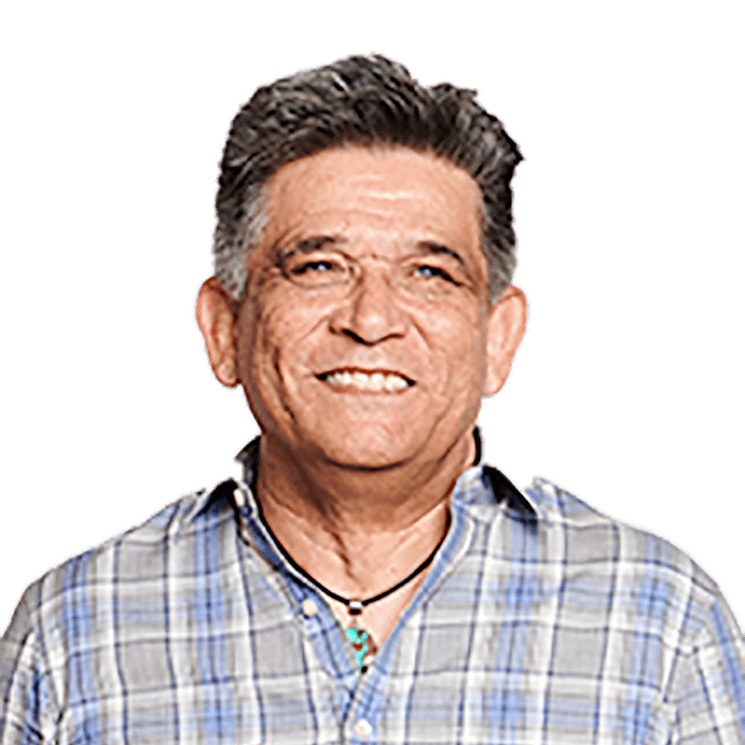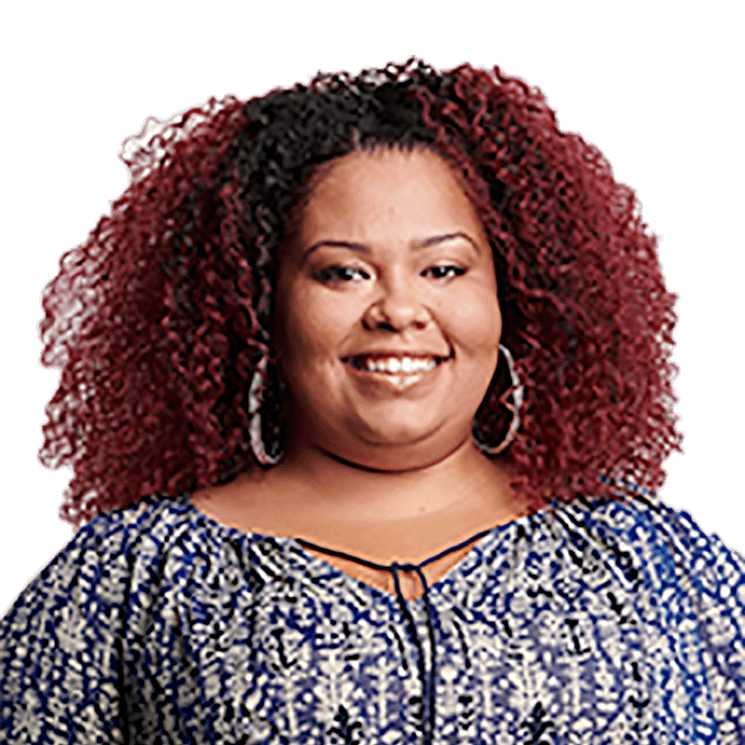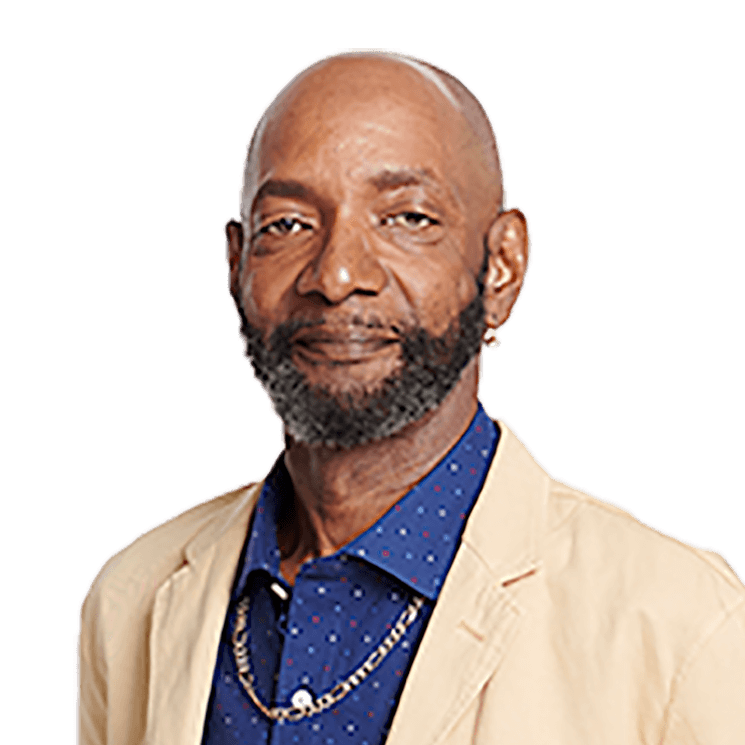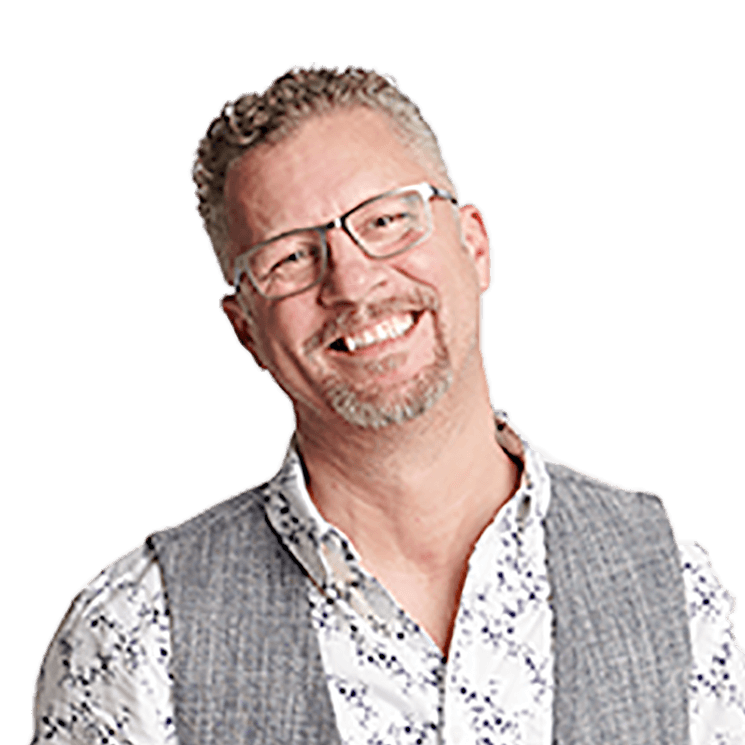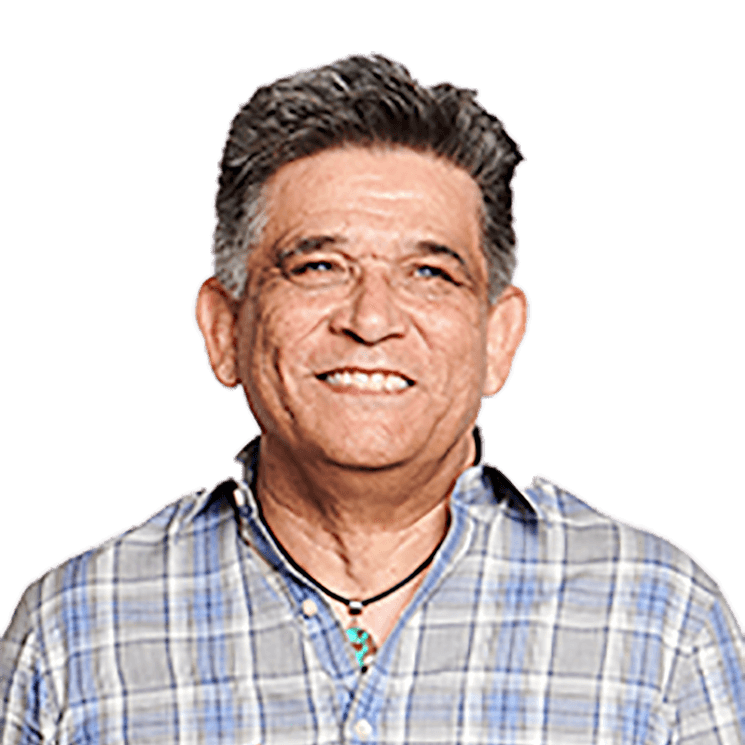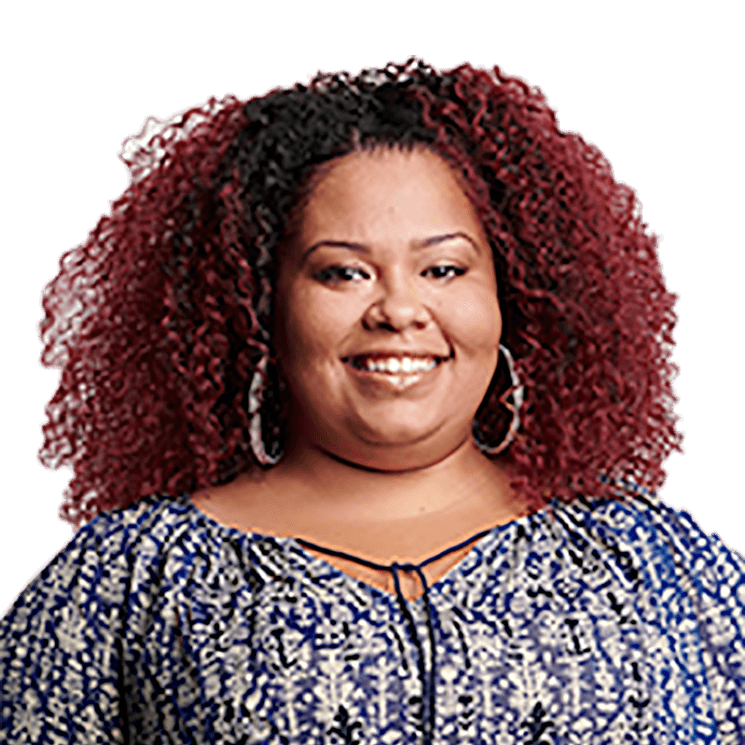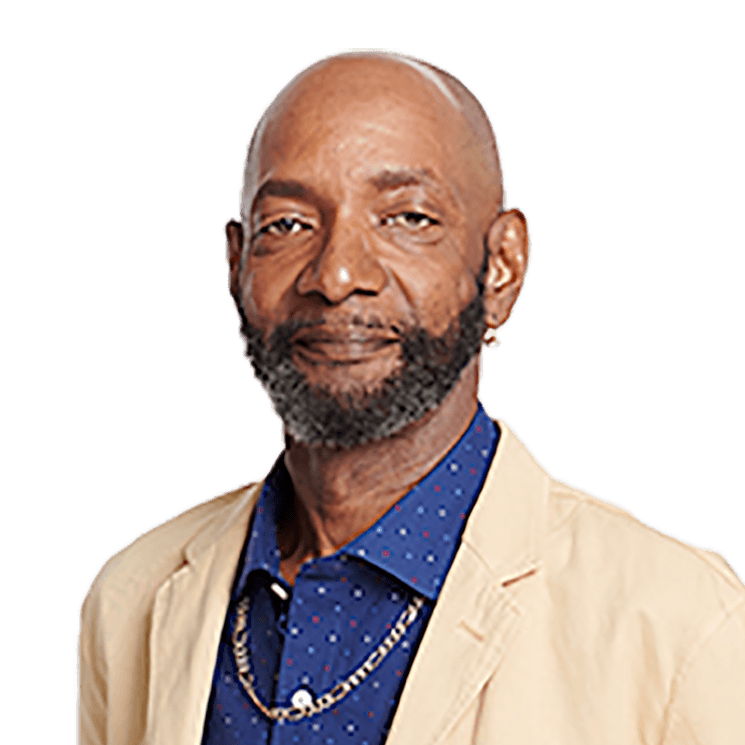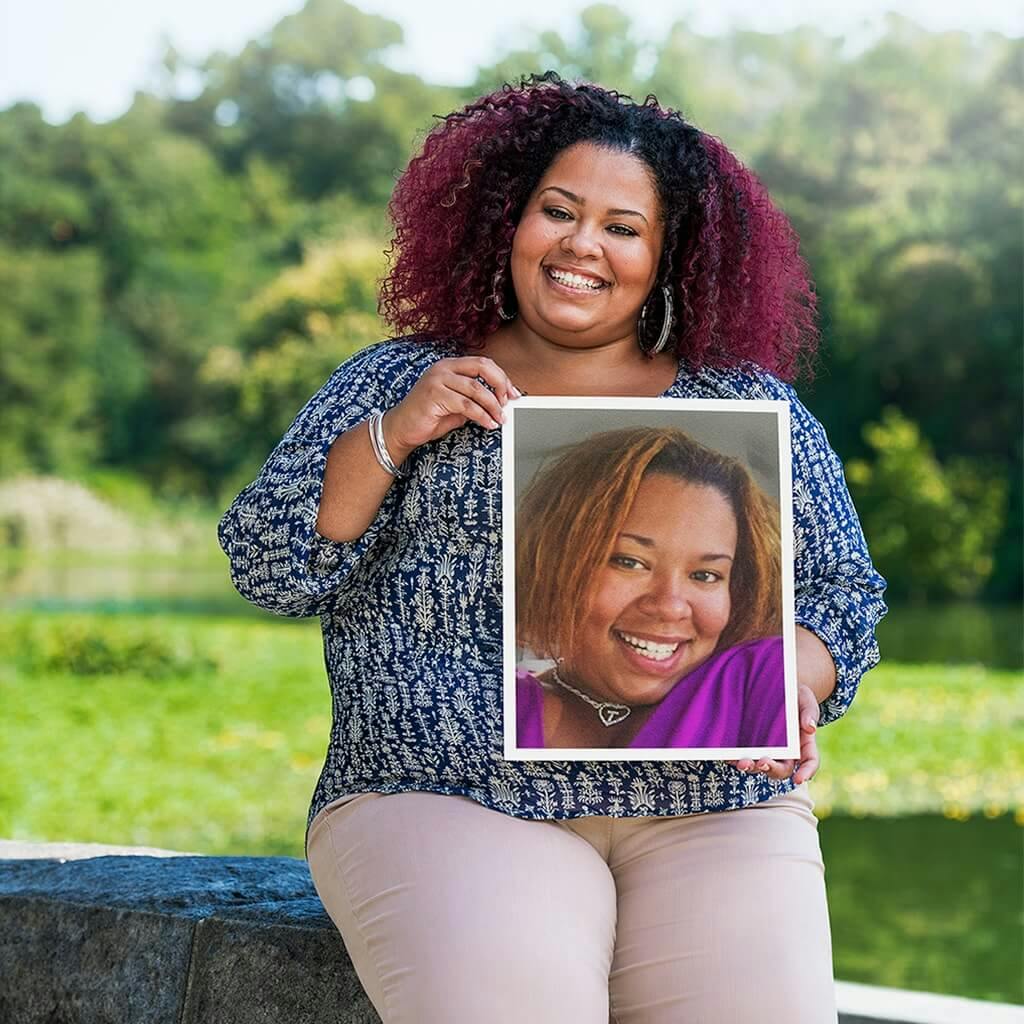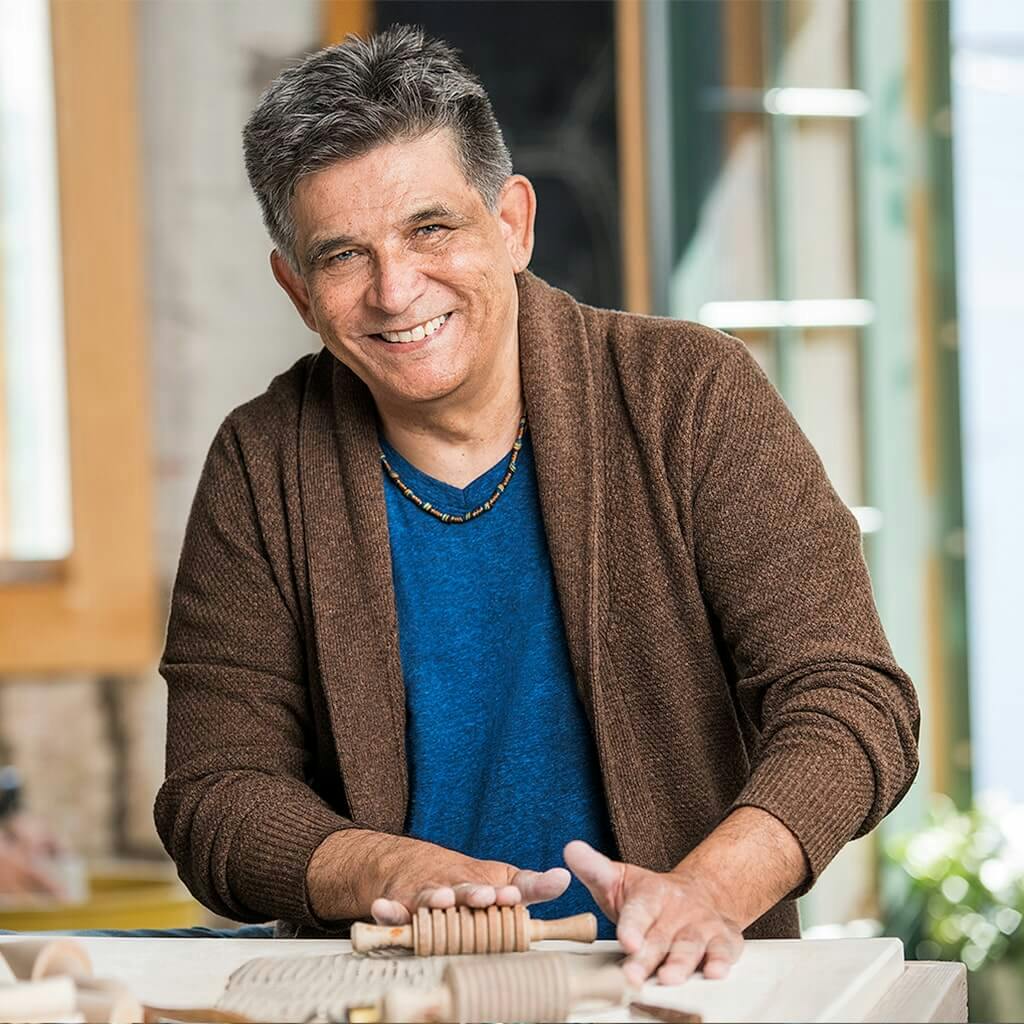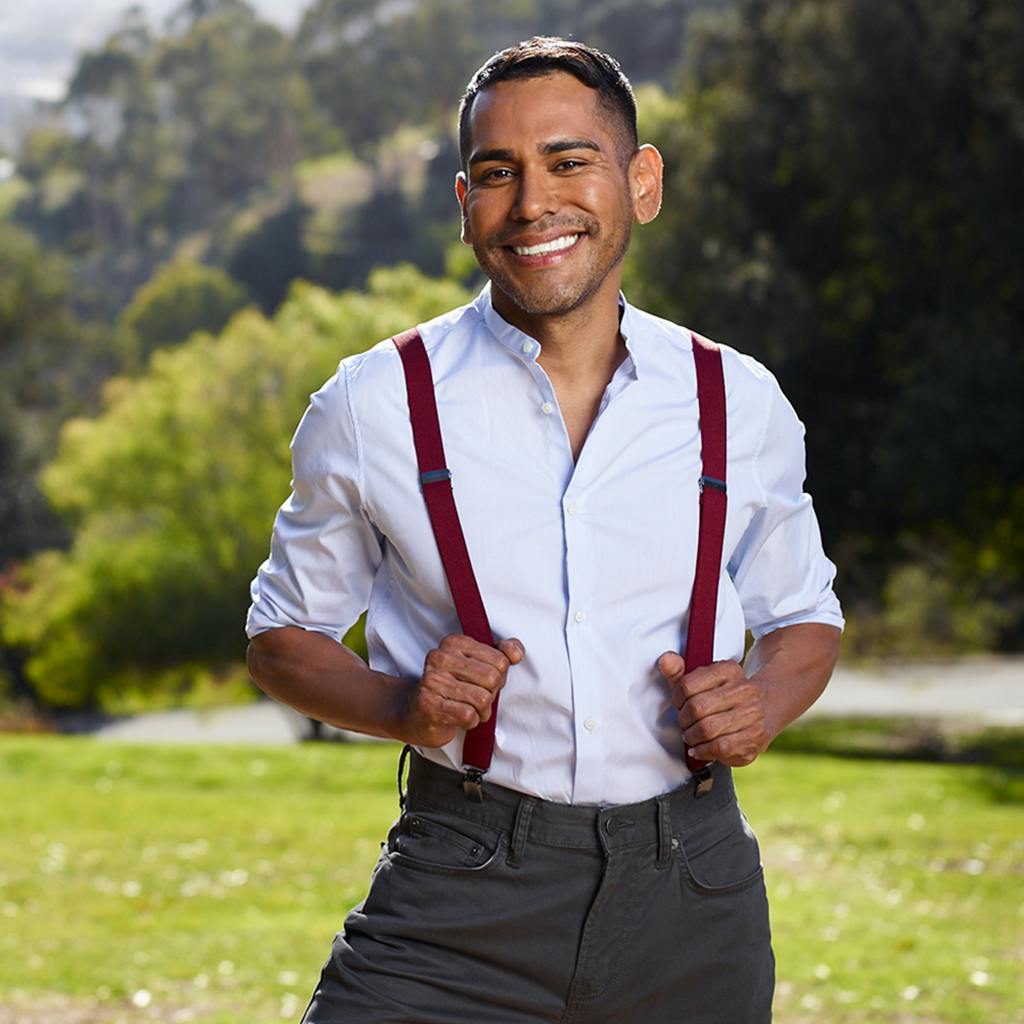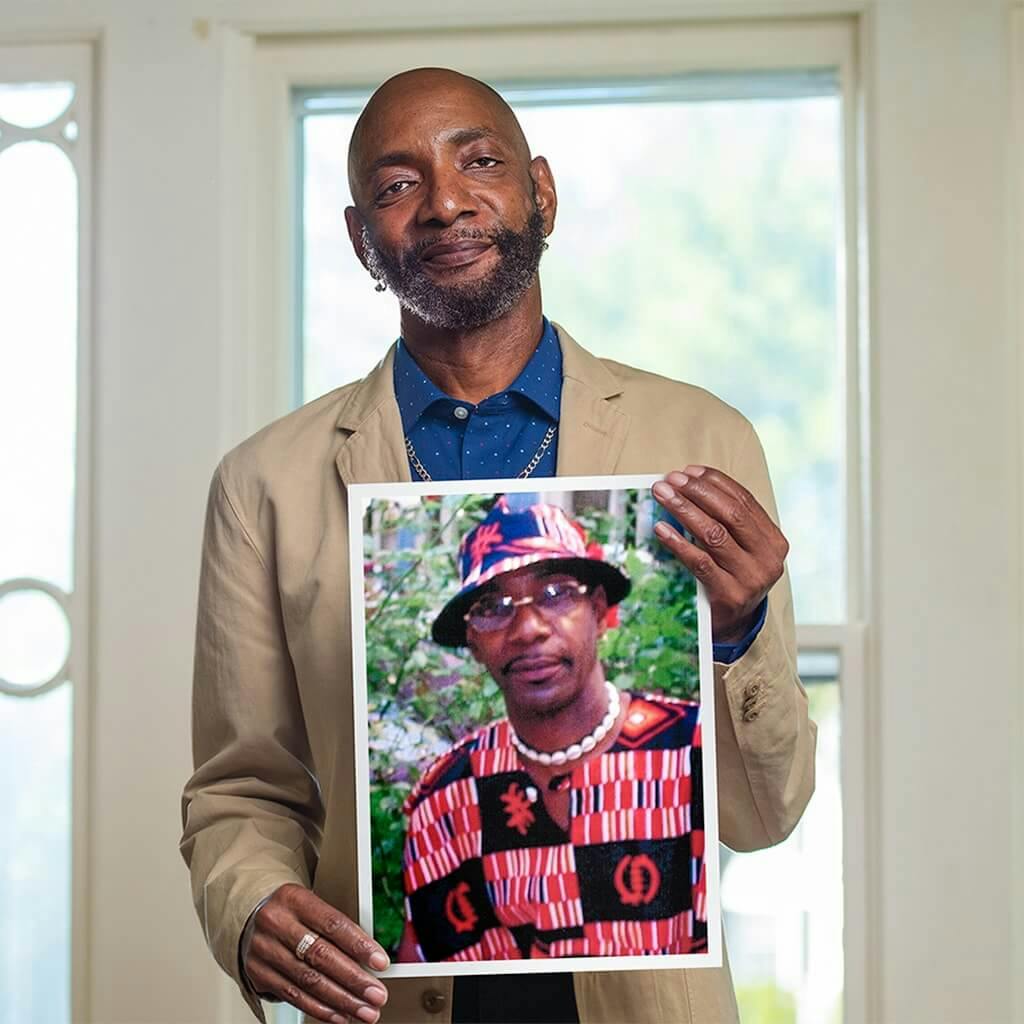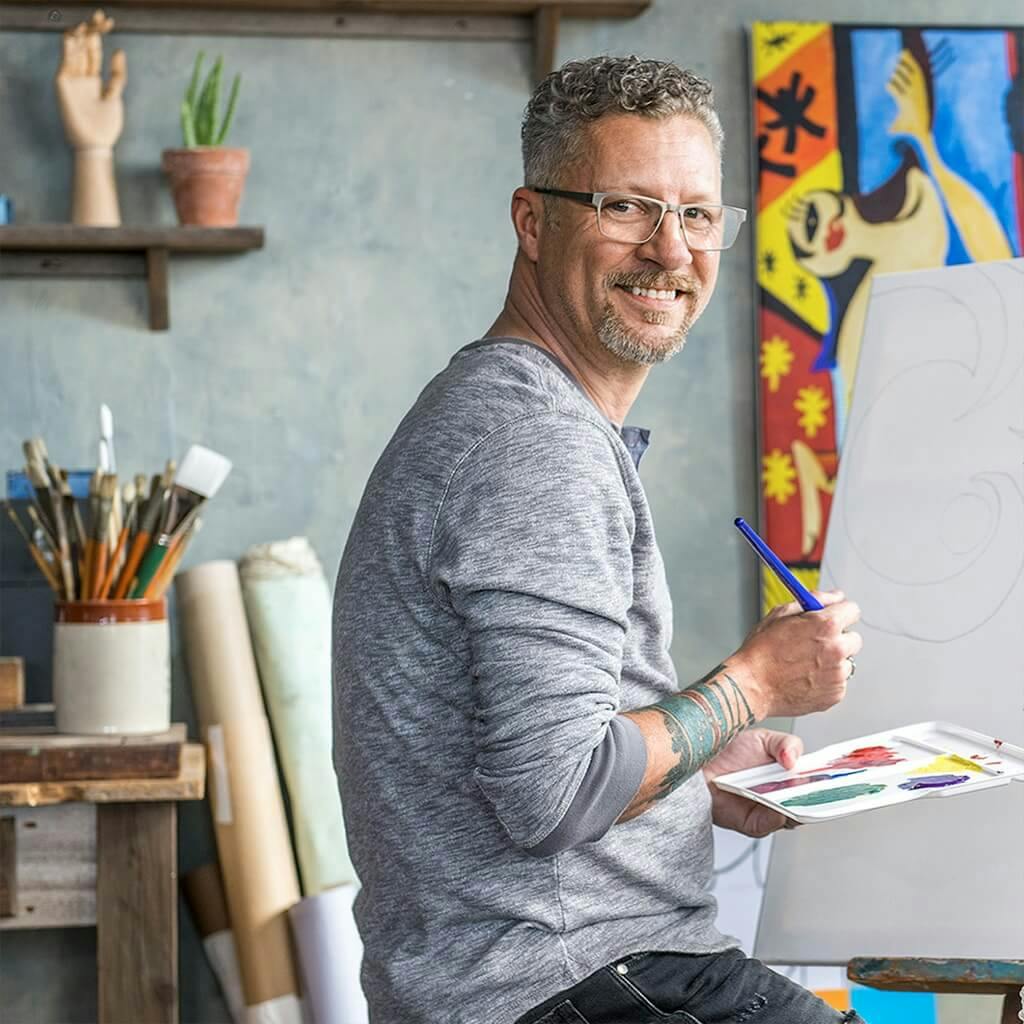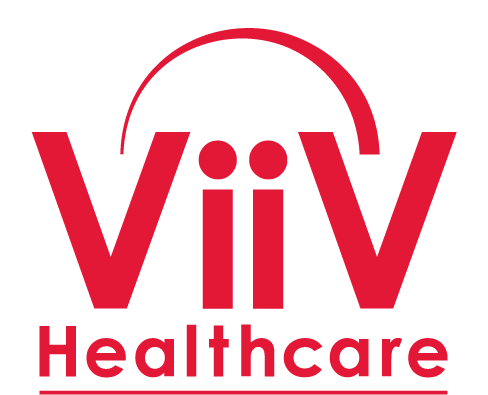For the replacement of current HIV-1 medicines in adults who meet certain requirements. See Full Indication.
Video stories.
Hello, Undetectable you. Watch the stories of inspiring individuals who are HIV positive and undetectable.*
*Undetectable means keeping the amount of HIV-1 in the blood at very low levels (less than 50 copies per mL).
All people featured on this site are real patients diagnosed with HIV-1. They have all been compensated by ViiV Healthcare.
Reaching
undetectable gave
me a huge relief,
even with just
going about my
day-to-day.
Rodney Undetectable since 2008


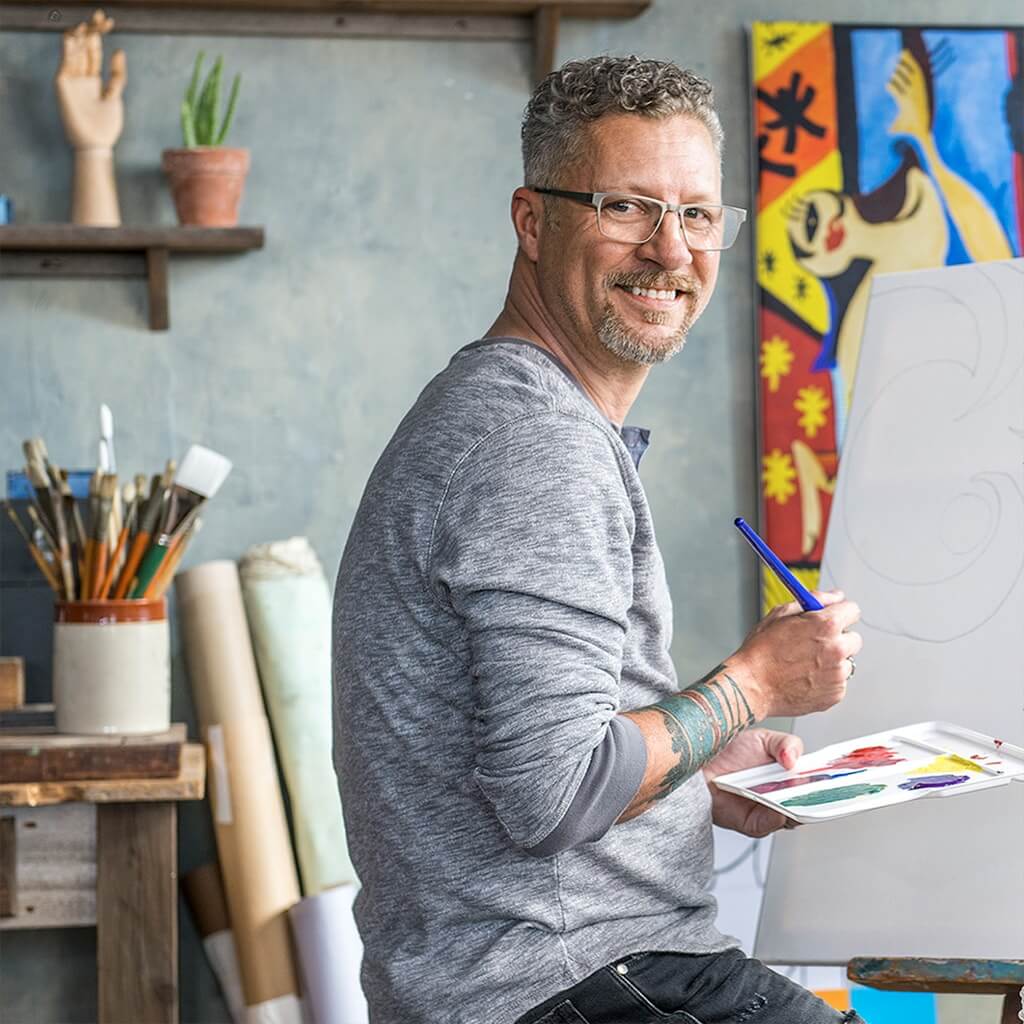
Reaching
undetectable gave
me a huge relief,
even with just
going about my
day-to-day.
1.
Q:Tell us a little bit about your life—how do you like to spend your time?
A:I try to live somewhat stress-free these days, so I do things that I enjoy. I do some painting and work a bit with my sister to help with her business. I like all kinds of cooking too, and I love trying out different recipes.
2.
Q:Reaching undetectable is a major achievement; what was it like for you?
A:It felt really good, because I had reached a certain point of recovery where I didn’t have to get as nervous about getting sick with a cold or something. Overall, I’d say it gave me a huge relief, even with just going about my day-to-day.
3.
Q:What’s your relationship with your doctor like? When you learn about new HIV treatments, do you discuss them?
A:In the beginning, I felt like I wasn’t getting proper care. Eventually, I found a healthcare group in my city and they were so fantastic. I found another doctor who was also fantastic, and I’ve been with him ever since. I always ask about new medications when I read something online and discuss them with my doctor.
4.
Q:What have you learned about yourself since you were first diagnosed with HIV?
A:I learned that I have a lot of resilience. At times I felt like I wouldn’t get through it, but I kept on giving myself that little boost…I thought it was fantastic that I had this little warrior inside me.
I've learned
that it's
important not
to be defined
by my HIV.
Ruben Undetectable since 2009


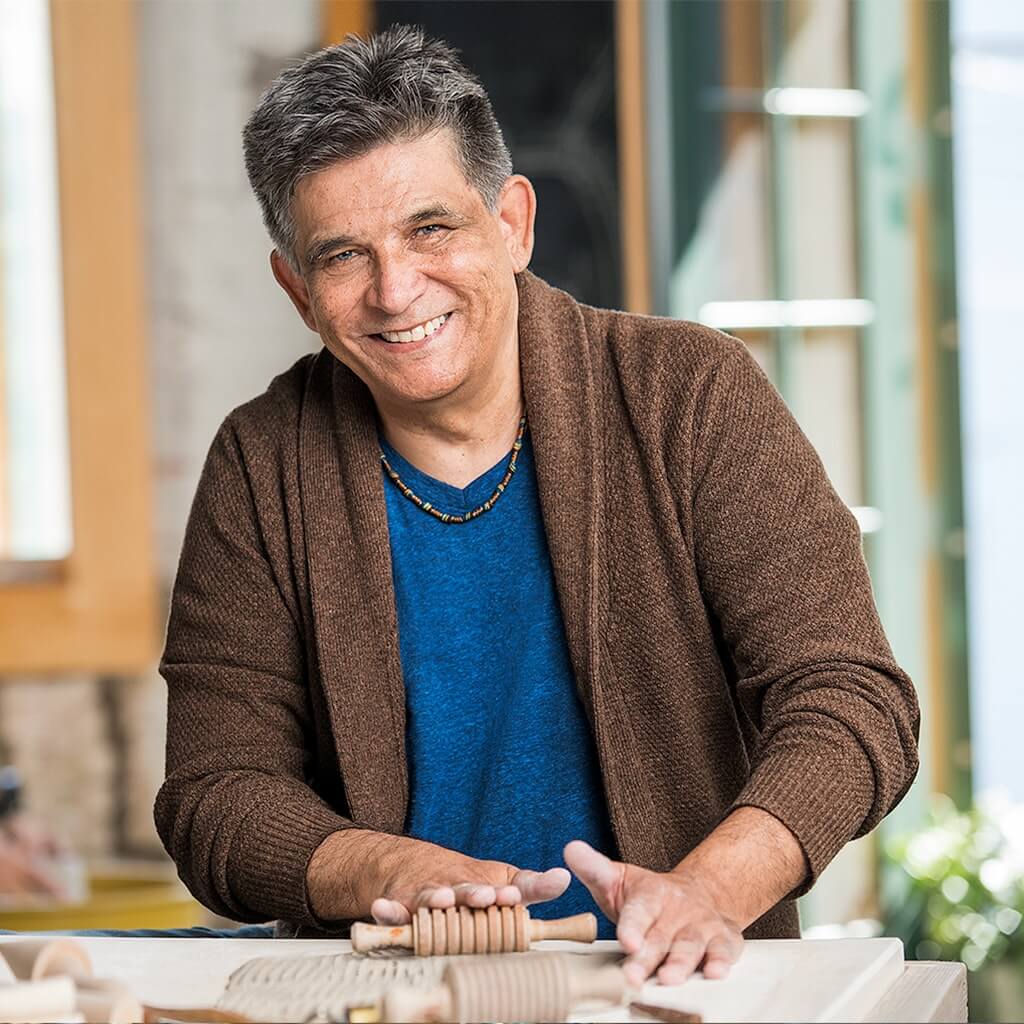
I've learned
that it's
important not
to be defined
by my HIV.
1.
Q:Tell us a little bit about your life—how do you like to spend your time?
A:On the weekends, I do ceramics at a nonprofit studio because they have a kiln there. Sometimes I work with porcelain at home—it needs to dry slowly, and I’m able to monitor it more closely there. I also enter pieces in shows from time to time. During the week, I work for an HIV care provider and assist clients in my community with getting care.
2.
Q:What's your relationship with your doctor like? When you learn about new HIV treatments, do you discuss them?
A:My experience is that I’ve had to be more vocal with my doctors, and ask them about HIV treatment options. I feel I've had to take a more active role in my treatment and take charge of my overall health. I do keep abreast of any new treatments, especially since I have clients who may ask about them. I want to be sure I can respond to that with at least a little bit of information.
3.
Q:What have you learned about yourself since you were first diagnosed with HIV?
A:I’ve learned that it’s important not to be defined by my HIV. I’m doing what I want in life—being an artist and creating pottery and ceramics—because that was my plan for me, not because of my HIV.
4.
Q:If life has taught me one thing, it's...
A:That I’m not going to fail.
Strive for all of
your goals, and
never let anyone
or anything bring
you down.
Tiera Undetectable since 2010


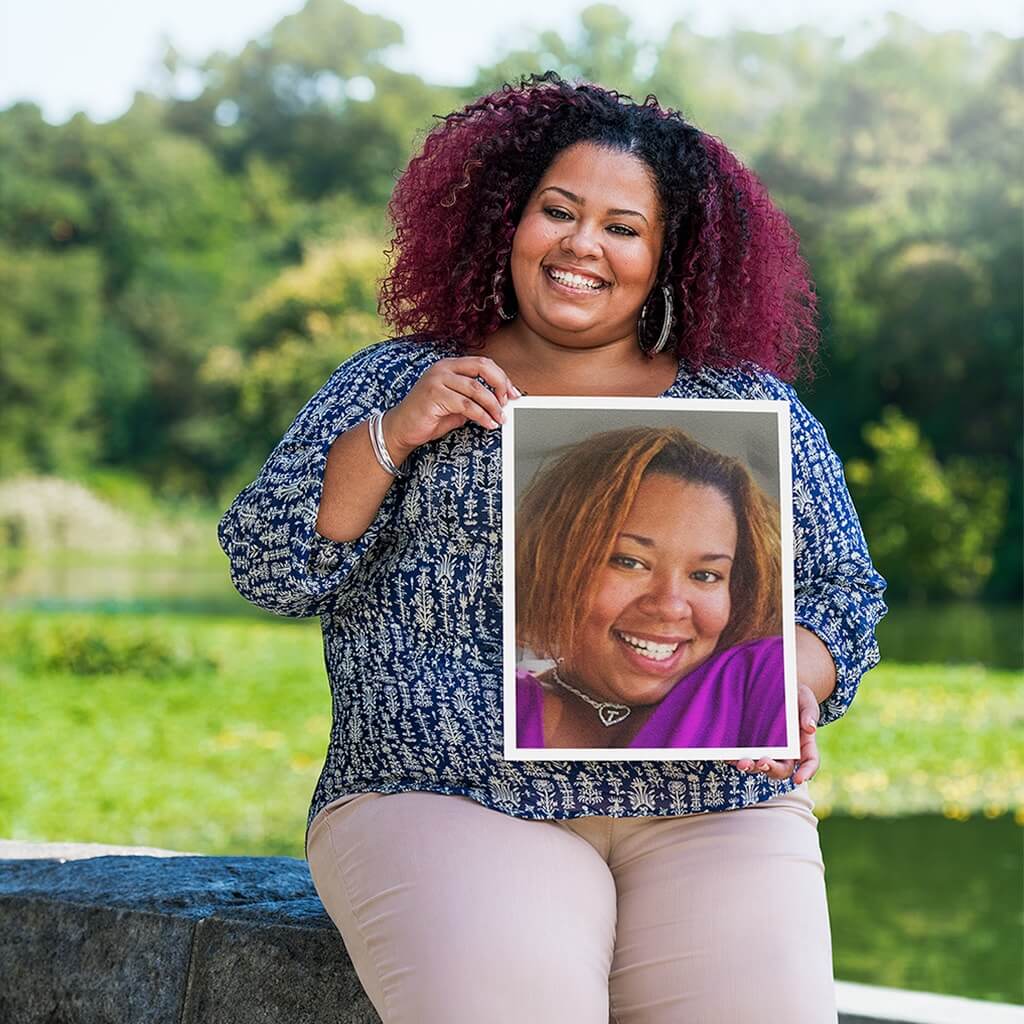
Strive for all of
your goals, and
never let anyone
or anything bring
you down.
1.
Q:Tell us a little bit about your life—how do you like to spend your time?
A:I work full-time as a peer navigator in an HIV clinic. Basically, I work with a lot of newly diagnosed patients as well as ones who may struggle with medication adherence. I also enjoy doing hair—it's like my second job. Oh, and I like to plan parties!
2.
Q:Reaching undetectable is a major achievement; what was it like for you?
A:It felt good because I knew that my HIV was under control, and I was doing the right things to keep myself healthier. I felt happier knowing my body was taken care of and that I'm on the right track—I just have to keep doing what I've been doing!
3.
Q:What’s your relationship with your doctor like? What about it makes it work?
A:I went through two doctors when I started. The first one was rough around the edges and too straightforward—that may work for some people, but not for me. I need someone who's more loving, like my current doctor; she explains every single thing to me.
4.
Q:What have you learned about yourself since you were first diagnosed with HIV?
A:I've done some growing up; I feel like I've gotten more mature. I realized that I'm pretty resilient—I'm bigger than this HIV, and I'm not going to let it control me. I would tell my younger self, you have many more things to accomplish. Strive for all of your goals, and never let anyone or anything bring you down.
I’ve learned that
I can be myself
and be at peace.
Danny Undetectable since 1997



I’ve learned that
I can be myself
and be at peace.
1.
Q:Tell us a little bit about your life.
A:I’m kind of a caregiver in my family, so I make sure to take care of myself, too—you always have to make time to recharge. I do volunteer work for a local mental health consumer network; I go there to support others. At this point in my life, it’s not about running around all day like I did when I was 20. I like to take a day to go out to the park and relax my mind. I walk a lot too, and enjoy dancing every so often.
2.
Q:What’s your relationship with your doctor like? When you learn about new HIV treatments, do you discuss them?
A:Over the years, I’ve tried to build relationships with my doctors. I think having an open dialogue is important, and I have that openness with all of them. Your provider, your nurse, your pharmacist—they’re all on the same team with you. I feel fortunate to have these relationships; I didn’t feel like this when I was first diagnosed; it took years. At this point, my concern is having been on medicine for so long. I talk to my doctors about new treatments and whether or not I’d be comfortable trying something else that might be better for me.
3.
Q:What have you learned about yourself since you were first diagnosed with HIV?
A:I’ve learned that I can be myself and be at peace. I focus on different things at this point in my life, and it seems the more I reach out to help someone else, the better it makes me feel.
4.
Q:What advice would you give your younger self?
A:If you feel like something isn't right, you’ve got to self-reflect. As long as that self-reflection is there, it’ll be alright because it’s always about improving. If life has taught me one thing, it's to never give up. Where there is life, there is hope.
